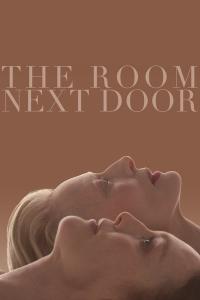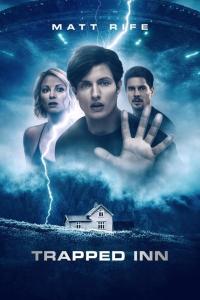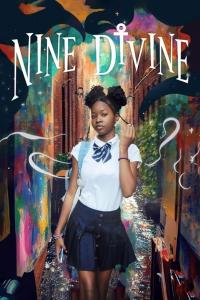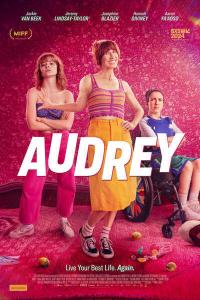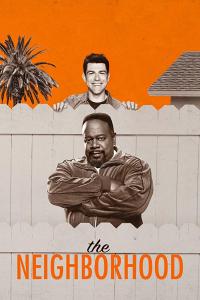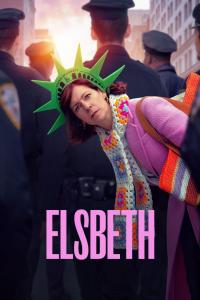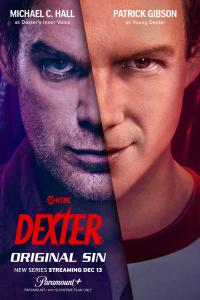Torrent details for "[ambient, chamber pop] (2023) Hania Rani - Ghosts [FLAC] [DarkAngie]" Log in to bookmark
Controls:
Language:
 English
EnglishTotal Size:
336.17 MB
Info Hash:
bde6de39ee423d4763b59489362e6787ce36eebe
Added By:
Added:
22-12-2023 20:40 (edited 22-12-2023 20:40) by DarkAngie
Views:
480
Health:

Seeds:
12
Leechers:
0
Completed:
297
Review:
Ghosts. What an appropriate title, for this, the third solo album by critically acclaimed musician and composer, Hania Rani, is a haunting, spectral collection. There and yet not-quite-there; ethereal and magical, it sucks you into its aura and holds you rapt for its full sixty-seven minutes. The world was introduced to Ghosts earlier this year via the utterly enchanting single, ‘Hello’. Here was a song that demanded attention for two reasons. Firstly, the sheer quality of the composition. Built around the distinctive timbre of Rani’s atmospheric Rhodes piano, ‘Hello’ is arguably the song of the year (so far). Fascinatingly, it is a paradoxical composition that completely screws with your head. On one hand, it is playful and mischievous, pulsating and skipping along to a delicious pure pop melody. And yet. And yet. Hello is like a palimpsest; as though one concept has been superimposed onto another. But visible traces of the original remain; eerie, otherworldly forces that lurk beneath the surface. The melody draws you in, a world of shadows awaits. When describing one of his ghosts in A Christmas Carol, Dickens wrote “what was light one instant, at another time was dark”. Such is Hello. Such is Ghosts. Only those reasonably familiar with Rani’s work would be struck by the second surprising aspect of Hello. Since her 2019 debut album, Esja, Rani has made a significant impact as an outstanding modern classical composer. Whilst Esja’s follow up, Home, saw her introduce vocals and electronics to her sonic pallete, Hello (and, accumulatively, Ghosts) sees Rani’s singing voice take a much more prominent role. Listening to her sing, one cannot help wondering why she has, relatively speaking, kept it so well hidden. The development of Hania Rani doesn’t just lie with the voice though; it’s the entire vibe of Ghosts. This is an album that marks a significant progression in the artist’s career arc. Indeed, Rani herself states, “with Ghosts I wanted to start something from scratch, picking tools and stories I was not familiar with”. Obviously, the modern classical influences, particularly Nils Frahm, have always been evident throughout Rani’s work, but on Ghosts we can see the influence that artists like PJ Harvey, James Blake and Radiohead have had on Rani. That’s not to say that she has cast aside her modern classical cloak. Far from it. Those roots are deeply embedded and they reach across the entire breadth of this album. Indeed, several of Ghosts’ thirteen tracks would be comfortably at home on Rani’s earlier work. The most stunning example is the album’s closing track, the Satie-like Nostalgia. It is minimalist, stripped-back, just a piano picking out the most sumptuous patterns. Listen closely and you can detect the inner-workings of the instrument, wheezing and clicking like an old soldier on one final march. Nostalgia is matched by the hypnotic persistence of The Boat, whilst Whispering House carries a beautiful tranquillity. The latter sees Rani in partnership with her great friend, a giant of the genre, Ólafur Arnalds. It is perhaps unsurprising then that Whispering House carries the same feel as many of the compositions on the Icelandic composer’s magnum opus, Eulogy For Evolution. Whispering House is not the only collaboration at play on Ghosts. Indeed, there are several and they all add considerable value. Two of the finest examples actually involve the same collaborator – Portico Quartet’s Duncan Bellamy. First up is the delicate-as-porcelain, Don’t Break My Heart. It’s gossamer-like construction provides the perfect showcase for Rani’s voice. She delivers her lyrics softly and melodiously, understated in a way; sounding suitably vulnerable as she pleads “don’t break my heart”. About half way through, we are served a moment of utter majesty as the synths soar heavenwards in a way that is reminiscent of James Blake’s Retrograde. Those few seconds when the music takes off live on the head long after the needle has left the record. Bellamy’s second contribution comes on Thin Line. Like Hello, there is a dichotomy at play here, a tension that creates intrigue. On the surface, it seems a straightforward enough dream-pop composition. However, there is more to Thin Line than meets the ear. Accompanied by chiming bells, Rani’s voice may sound innocently mellifluous, but be careful. Here, she plays the role of siren, luring you onto the rocks that exist beneath the surface. Those rocks, comprised of sweeping strings, are opaque and jagged. Furthermore, listening closely to what’s going on below reveals another two tantalising influences in the form of Echo and the Bunnymen’s The Cutter and Within You, Without You by The Beatles. So many of this album’s compositions feel like those eponymous Ghosts. Wraithlike, they drift and flit in-and-out of consciousness. Because of their delicate, almost transparent quality, it feels difficult to reach out and grasp them. Don’t be misled by that. In no way are they throwaway. Like spectres that come in the night, they are always compelling, impossible to ignore. The track entitled Dancing With Ghosts, featuring Patrick Watson, is the perfect example, as is A Day In Never, which carries the same mesmeric looping quality as Radiohead’s Daydreaming. And then there is the stunningly beautiful, emotionally devastating, Utrata. This track, as fragile as bone china, grows and swells dramatically and leaves you with an incredible sense of sorrow. — by Gordon Rutherford / louderthanwar.com

Track List:
01 - Oltre Terra
02 - Hello
03 - Don't Break My Heart
04 - 24.03
05 - Dancing with Ghosts
06 - A Day in Never
07 - Whispering House
08 - The Boat
09 - Moans
10 - Thin Line
11 - Komeda
12 - Utrata
13 - Nostalgia
Media Report:
Genre: ambient, chamber pop
Country: Warsaw, Poland
Format: FLAC
Format/Info: Free Lossless Audio Codec
Bit rate mode: Variable
Channel(s): 2 channels
Sampling rate: 44.1 KHz
Bit depth: 16 bits
Compression mode: Lossless
Writing library: libFLAC 1.2.1 (UTC 2007-09-17)
Note: If you like the music, support the artist.


